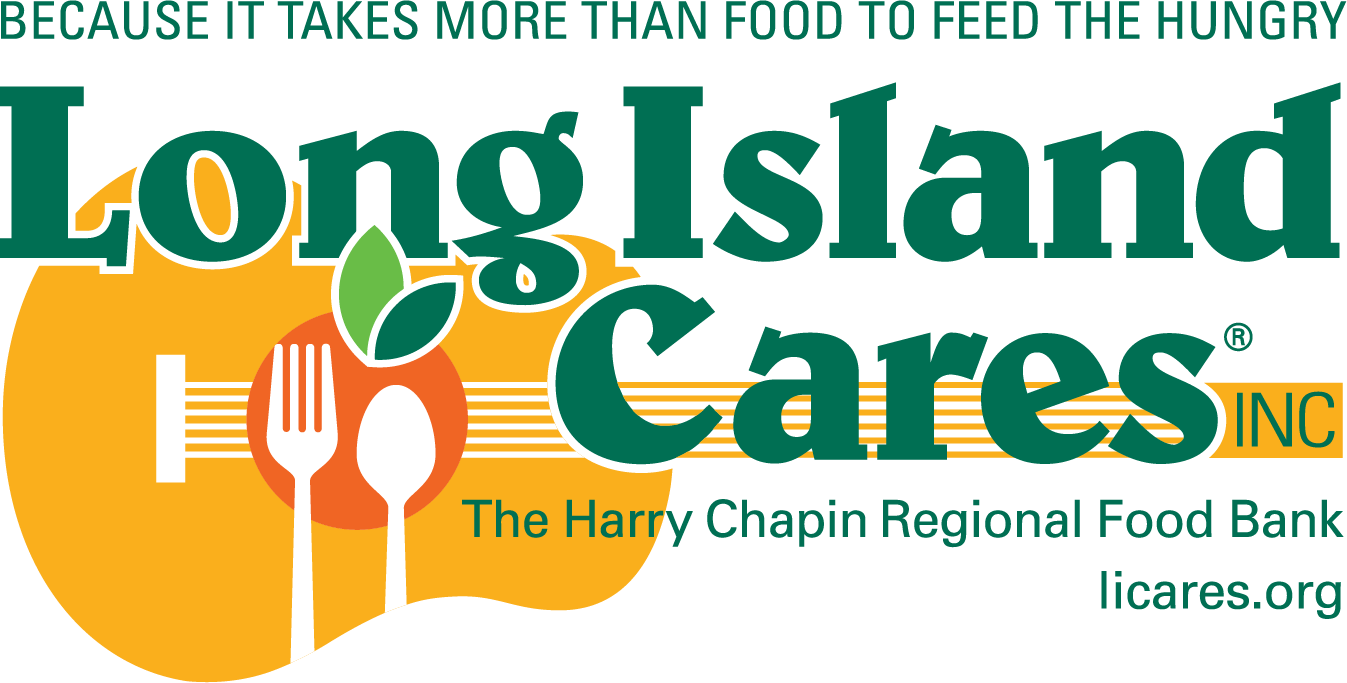Human Rights Month
The Fundamental Right to Food
Human Rights Month: The Fundamental Right to Food
By Eric Dahl
This month, we honor the Universal Declaration of Human Rights, recognizing the inherent dignity and equal rights of all people. At Long Island Cares, we believe that ensuring access to food is a fundamental human right.
Food is more than sustenance; it’s a necessity that everyone should have access to.
It fuels our bodies, nurtures our minds, and provides the foundation for a healthy and productive life. However, many of our neighbors face food insecurity, struggling to put meals on the table for themselves and their families.
Imagine going a day, a week, or longer without enough food. It’s a reality for more than 234,000 individuals just on Long Island. Food insecurity doesn’t discriminate; it affects people from all walks of life.
At its core, Human Rights Month reminds us that everyone deserves dignity, respect, and basic rights. Access to nutritious food is among these fundamental rights. It’s not just about satisfying hunger; it’s about ensuring that every person has the means to a fulfilling life.
Food insecurity arises for various reasons, such as unemployment, high living costs, or limited access to resources. As we advocate for human rights, we must also address these systemic issues to create a more just and equitable society.
By acknowledging food as a human right, we take a step toward building a world where no one must worry about where their next meal comes from. Long Island Cares is committed to this vision, working tirelessly to provide food assistance, support, and resources to Long Islanders in need.
This Human Rights Month, let’s reaffirm our commitment to ensuring food security for all. Together, we can amplify our efforts to end hunger and uphold the basic human right to food.
Join us in spreading awareness, supporting initiatives, and advocating for policies that prioritize food as a human right.
